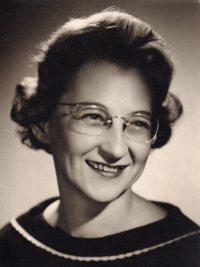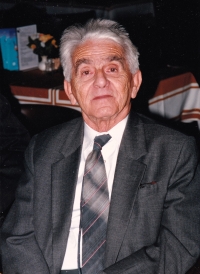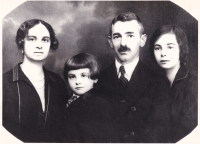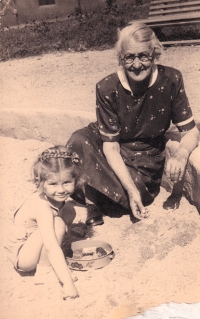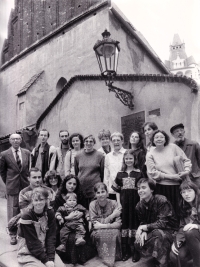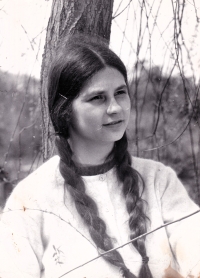Man must take care of his own freedom

Download image
Lucie Lucká was born on 19 May 1946 as the first of two daughters of Štěpán Lucký and Dagmar Lucká. The witness´s life attitudes were strongly shaped by the memories of her father, who lived through the horrors of the Holocaust. After graduating from eleven years of secondary school, she began studying English and Japanese at the Faculty of Arts, Charles University. Her studies were interrupted by the August invasion of the Warsaw Pact troops, and the witness travelled to France to meet her boyfriend. France provided generous scholarships for both students. Returning to her homeland, she attended the funeral of Jan Palach and left the same year for a fifteen-month study stay in Japan. After graduation, she worked as an interpreter for a Japanese television company. In 1976 she started a family with Vladimír Merta. During her maternity leave she underwent six years of psychotherapeutic training, after which she accepted a position in a marriage counseling office. In the late 1980s she was a regular participant in anti-regime demonstrations. After the Velvet Revolution, she was trained in psychoanalytic psychotherapy and opened a private practice. In 2024 she was living in Prague.
